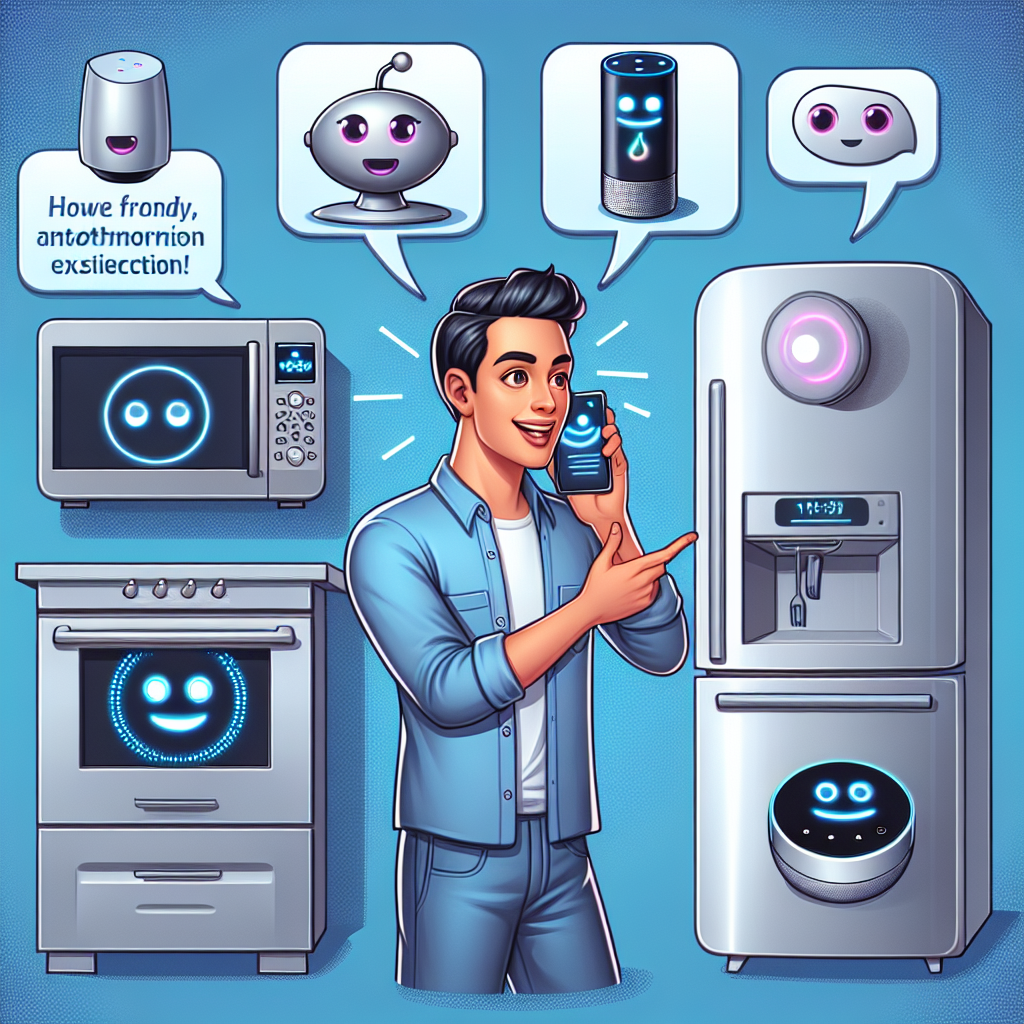In today’s rapidly evolving technological landscape, a quiet revolution is taking place that’s fundamentally changing who gets to innovate. AI SaaS platforms are emerging as powerful equalizers, democratizing access to cutting-edge technology that was once the exclusive domain of tech giants and specialized developers. These platforms are breaking down long-standing barriers to entry, making sophisticated technology creation available to everyone from individual entrepreneurs running one-person operations to small business teams and technically-minded professionals without extensive coding backgrounds. The beauty of AI SaaS Creation Platforms lies in their accessibility—they transform complex technological processes into intuitive, user-friendly experiences that anyone can navigate. A restaurant owner can now create a custom AI digital worker to handle reservations, a freelance graphic designer can develop personalized workflow automation tools, and a small marketing agency can build intelligent collaboration systems—all without writing a single line of code. This democratization is particularly significant for those who have innovative ideas but lack the technical skills to bring them to life. By leveraging low-code platforms and customizable AI digital workers, these individuals and small teams can finally compete on a more level playing field with larger, resource-rich organizations. The result is a blossoming ecosystem where technological innovation is no longer gatekept by coding expertise but is instead driven by creative problem-solving and industry-specific knowledge—precisely the kind of transformation that Zygote.AI envisions as essential for a more inclusive technological future.
Core Technologies Behind AI SaaS Creation Platform
At the heart of this technological democratization are several core technologies that work together to create accessible innovation ecosystems. Low-code platforms stand at the forefront, fundamentally changing how applications are built by reducing complex programming to visual interfaces and drag-and-drop functionality. These platforms enable users to assemble sophisticated AI applications in days rather than months, accelerating development cycles by up to 90% according to recent industry data. By removing coding barriers, these platforms allow entrepreneurs and small business owners to focus on solving actual business problems rather than getting lost in technical complexities.
AI applications integrated into these SaaS platforms serve as pre-built functional components that users can customize and combine. These range from natural language processing tools that can analyze customer feedback to computer vision systems that automate quality control processes. What makes these applications truly revolutionary is their adaptability—a small manufacturing company can use the same underlying AI technology as a global corporation but configured specifically for their unique production workflow.
Intelligent collaboration tools represent another critical component, transforming how teams work together regardless of technical expertise. These tools create environments where technical and non-technical team members can effectively contribute to AI solution development. For example, a marketing specialist can work alongside a data analyst to create a customer segmentation tool without either having to fully understand the other’s domain expertise. As research from the Workflow Management Coalition shows, organizations using intelligent collaboration tools report up to 35% improvements in cross-functional productivity.
Perhaps most transformative are customizable AI digital workers, which Zygote.AI has pioneered as a central element of its platform. These digital workers act as virtual employees that can be trained to handle specific tasks or entire workflow sequences. Unlike rigid automation tools of the past, these AI workers adapt and learn over time, becoming more valuable as they gather data and experience. A real estate agency, for instance, can develop digital workers that handle everything from initial client inquiries to scheduling viewings, freeing human agents to focus on relationship-building and closing deals.
The combined effect of these technologies creates a multiplier effect on innovation. Organizations that previously needed dedicated development teams can now create customized workflow automation solutions with minimal technical resources. This efficiency boost extends beyond just speed—it fundamentally changes what’s possible for small teams. According to industry analysis, businesses using AI SaaS platforms report an average 40% reduction in operational costs alongside a 60% improvement in time-to-market for new service offerings.
What makes these platforms particularly powerful is how they enable personalization at scale. Unlike one-size-fits-all software solutions, AI SaaS creation platforms allow users to build tools that precisely match their specific needs and continuously evolve with their business. This personalization capability means that a solo entrepreneur can have technology tailored exactly to their workflow—something previously only available to enterprises with custom development resources.
Transformative Potential of AI Applications and Platforms
As AI SaaS platforms continue to evolve, their potential to reshape industries extends far beyond current applications. We’re standing at the threshold of a new era where technology creation becomes as intuitive as using a smartphone, opening doors to innovation that were previously locked for most individuals and small businesses. This democratization of AI tools represents a fundamental shift in how we approach problem-solving across sectors.
The widespread adoption of user-friendly AI tools is accelerating exponentially. Recent market analysis suggests that by 2025, over 70% of new enterprise applications will use AI technologies, compared to less than 40% today. What’s remarkable about this growth is that it’s increasingly driven by non-technical creators using AI SaaS Creation Platforms. Industries that have traditionally lagged in technological adoption—from agriculture to education to local service businesses—are now finding accessible entry points through these platforms.
“The true revolution isn’t just in making AI accessible,” notes a recent Harvard Business Review analysis, “but in empowering domain experts to apply AI directly to the problems they understand best without technical intermediaries.” This direct application of AI by industry specialists is creating solutions with unprecedented relevance and effectiveness.
The emerging marketplace for AI products represents another transformative dimension. Platforms like Zygote.AI are pioneering ecosystems where users can share and monetize their AI creations, fostering a virtuous cycle of innovation. A healthcare professional who creates an AI workflow for patient follow-up management can now package and distribute that solution to peers worldwide. This sharing economy for AI applications democratizes not just creation but distribution, allowing good ideas to scale regardless of their origin.
The economic impact is profound. Small businesses implementing customizable AI digital workers report average productivity gains of 35-40%, according to recent industry surveys. More significantly, these tools are enabling entirely new business models. Individual entrepreneurs are launching specialized AI services that would have required substantial development teams just a few years ago.
Fully automated workflows—where entire business processes run with minimal human intervention—represent the next frontier. Zygote.AI has already demonstrated this potential with content production pipelines that autonomously select topics, generate content, create illustrations, review materials, and publish promotional articles. This level of automation creates extraordinary efficiencies while freeing human creativity for higher-value activities.
The educational impact shouldn’t be underestimated either. As users engage with these platforms, they develop practical AI literacy that transforms their understanding of what’s possible. This organic skill development is creating a new generation of “citizen technologists” who combine domain expertise with practical AI implementation skills—exactly the hybrid talent needed for future innovation.
For industries facing labor shortages or productivity challenges, AI SaaS platforms offer particularly compelling opportunities. Healthcare providers are using these tools to create patient engagement systems that reduce administrative burdens. Construction companies are developing workflow automation solutions that improve project coordination and reduce costly errors.
The ultimate vision that Zygote.AI and similar platforms are working toward is a world where technology creation is as accessible as document creation is today. Just as word processors democratized publishing, AI SaaS Creation Platforms are democratizing technological innovation. The result will be a more diverse, creative, and responsive technological landscape where good ideas can come from anywhere and anyone.
As these platforms continue to evolve, we’re moving steadily toward a future where the question isn’t “Do you have the technical skills to build this?” but simply “What problem do you want to solve?” This shift fundamentally rebalances who gets to create our technological future—and that might be the most revolutionary aspect of all.









